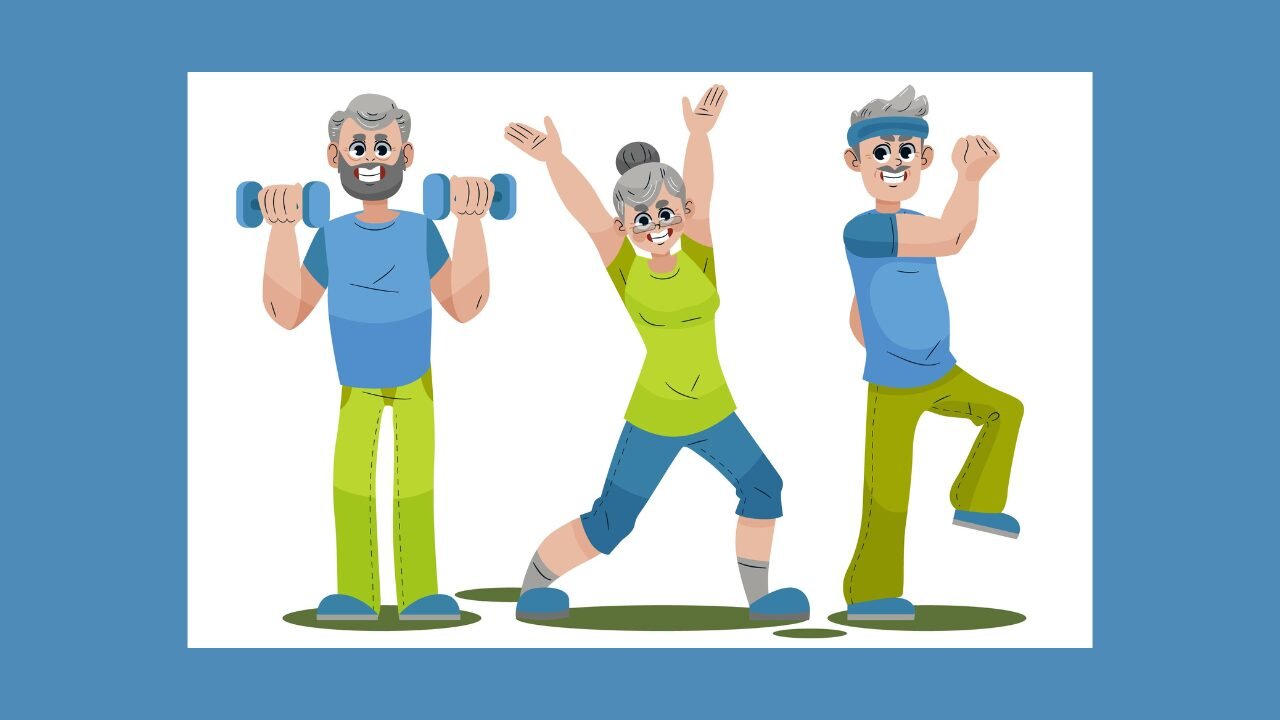The Science Behind Exercise and Aging: What Seniors Need to Know

Exercise is more than movement; it is a science for aging. Seniors benefit when they stay active every single day. Exercise helps the body stay strong and the mind stay clear.
But how does science explain the real impact of activity? Can movement actually slow down some natural effects of aging?
The answers are clear and encouraging for older adults today. Keep reading to understand how exercise connects with aging and wellness.
How Exercise Supports the Aging Body
Exercise works in conjunction with the body’s systems to maintain balance and strength. Muscles lose strength over time, but movement helps preserve them. Seniors who walk, stretch, or lift light weights tend to keep their function longer.
Exercise also supports stronger bones, lowering the risk of fractures. Regular activity improves flexibility, making daily movement safer and easier.
These effects come from how the body adapts to activity. Staying active is a proven way to delay some natural declines.
The Role of Exercise in Brain Health
Exercise is not only for the body; it also aids the mind. Research indicates that regular physical activity improves memory and focus in older adults. It also lowers the risk of diseases that affect the brain.
Physical activity increases blood flow, which nourishes brain cells daily. Seniors who keep active often experience better moods and less stress.
Science links exercise to chemicals that help regulate emotions. Keeping both mind and body healthy makes aging more positive and stable.
The Impact on Heart and Circulation
The heart benefits greatly from consistent exercise, especially in older age. Regular activity strengthens the heart, helping it pump more efficiently.
Good circulation delivers oxygen throughout the body, reducing health risks. Exercise can help lower blood pressure and naturally improve cholesterol balance.
Seniors who exercise regularly are less likely to face heart problems. Simple activities like walking or swimming make significant differences over time. Science confirms movement is one of the best supports for cardiovascular wellness.
Building Strength Through Safe Movement
Aging often brings reduced strength, balance, and slower reflexes overall. Exercise helps train the body to stay stable and secure. Seniors can practice balance exercises to prevent falls and injuries.
Resistance training builds muscle power for safer, more efficient movement every day. Even gentle activities, such as chair exercises, can help boost strength safely and effectively. The key is choosing exercises that are suited to your age and condition.
With patience and consistency, the body adapts, improving function steadily. Stronger muscles and balance mean better independence for seniors.
Community Wellness and Lasting Benefits
Exercise works even better when done within a supportive community setting. Group classes provide social connections that encourage seniors to stay consistent.
Wellness programs supporting senior health combine fitness with education and care. They are designed to match the needs of aging adults safely.
Activities can include yoga, stretching, and guided strength exercises on a regular basis. These programs help seniors build healthier habits while preventing isolation. Together, science and community programs make active aging both achievable and enjoyable.
READ MORE
Empower Your Journey Towards Longevity
Exercise is one of the most effective ways to age well. It strengthens the body, supports the mind, and protects the heart. Seniors who remain active often experience greater independence and confidence on a daily basis.
Science shows that movement helps delay many natural effects of age. Safe and regular activity brings both short-term and long-term benefits.
With personal effort and community support, healthy aging becomes a realistic goal. Every step, stretch, or lift can help seniors live with greater strength and joy.
Did you find this article helpful? If so, explore more helpful articles on our site.
